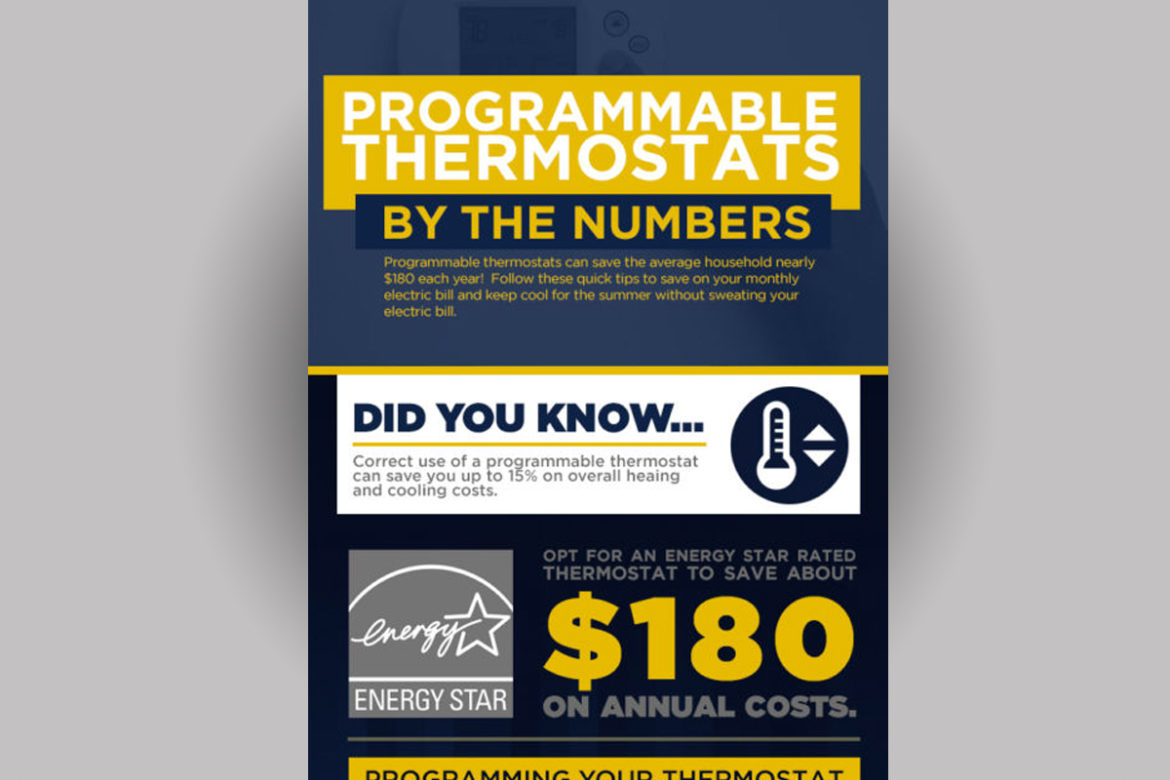The Future Of Home Home Heating - Exactly How Heatpump Innovation Is Developing
The Future Of Home Home Heating - Exactly How Heatpump Innovation Is Developing
Blog Article
Material Writer-Marshall Stack
Heat pumps will be an essential innovation for decarbonising heating. In a circumstance consistent with governments' announced power and climate dedications, their global ability doubles by 2030, while their share in heating rises to one-quarter.
They function best in well-insulated homes and count on electrical energy, which can be supplied from an eco-friendly power grid. Technological advancements are making them a lot more efficient, smarter and more affordable.
Fuel Cells
Heat pumps use a compressor, cooling agent, coils and fans to relocate the air and warm in homes and appliances. They can be powered by solar energy or electrical energy from the grid. They have actually been obtaining popularity due to their low cost, peaceful operation and the capability to generate electrical energy throughout peak power need.
Some companies, like IdaTech and BG MicroGen, are dealing with gas cells for home heating. These microgenerators can replace a gas central heating boiler and create a few of a residence's electric needs with a link to the electrical energy grid for the remainder.
Yet there are reasons to be doubtful of using hydrogen for home heating, Rosenow claims. It would certainly be expensive and ineffective compared to other modern technologies, and it would certainly include in carbon emissions.
Smart and Connected Technologies
Smart home innovation enables home owners to link and control their tools from another location with the use of smartphone applications. For instance, clever thermostats can learn your heating choices and immediately adjust to maximize power consumption. Smart lighting systems can be controlled with voice commands and automatically switch off lights when you leave the space, decreasing energy waste. And smart plugs can keep track of and manage your electrical use, permitting you to determine and restrict energy-hungry appliances.
The tech-savvy family depicted in Carina's interview is an excellent image of just how owners reconfigure room heating practices in the light of new smart home technologies. They rely on the tools' computerized functions to perform everyday modifications and regard them as a practical ways of performing their heating techniques. Thus, they see no reason to adjust their methods even more in order to enable adaptability in their home power demand, and treatments aiming at doing so might face resistance from these households.
Electrical power
Since heating up homes make up 13% people discharges, a switch to cleaner choices might make a huge difference. But the innovation faces obstacles: It's expensive and requires substantial home remodellings. And installation 's not always compatible with renewable energy sources, such as solar and wind.
Until just recently, electrical heatpump were also costly to compete with gas models in a lot of markets. Yet brand-new advancements in style and materials are making them much more cost effective. And heat pump repairs is allowing them to operate well also in subzero temperatures.
The following step in decarbonising heating might be making use of warmth networks, which draw warmth from a main source, such as a neighboring river or sea inlet, and disperse it to a network of homes or structures. That would lower carbon exhausts and allow households to make the most of renewable energy, such as environment-friendly electrical energy from a grid supplied by renewables. This alternative would be less pricey than changing to hydrogen, a nonrenewable fuel source that requires new infrastructure and would just minimize CO2 emissions by 5 percent if coupled with improved home insulation.
Renewable Energy
As electricity prices go down, we're starting to see the exact same pattern in home heating that has driven electrical cars and trucks into the mainstream-- but at an even faster speed. The strong climate situation for impressive homes has been pressed even more by brand-new research study.
Renewables represent a substantial share of modern heat usage, however have been provided limited plan interest globally contrasted to various other end-use sectors-- and also much less attention than power has. Partly, this mirrors a mix of customer inertia, divided rewards and, in numerous nations, subsidies for fossil fuels.
New technologies might make the change simpler. As an example, heatpump can be made a lot more power effective by replacing old R-22 cooling agents with brand-new ones that do not have the high GWPs of their precursors. Some professionals likewise envision district systems that draw warmth from a neighboring river or sea inlet, like a Norwegian fjord. The cozy water can after that be utilized for cooling and heating in a community.